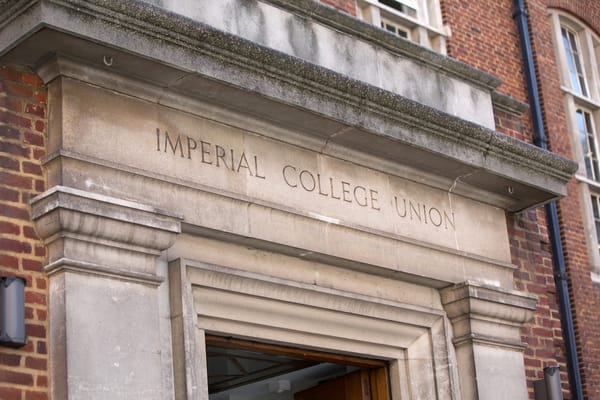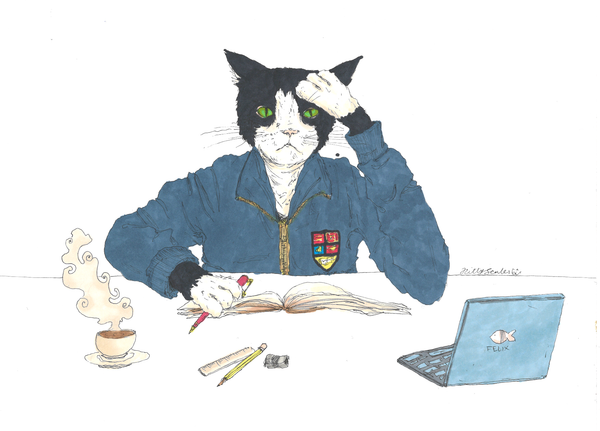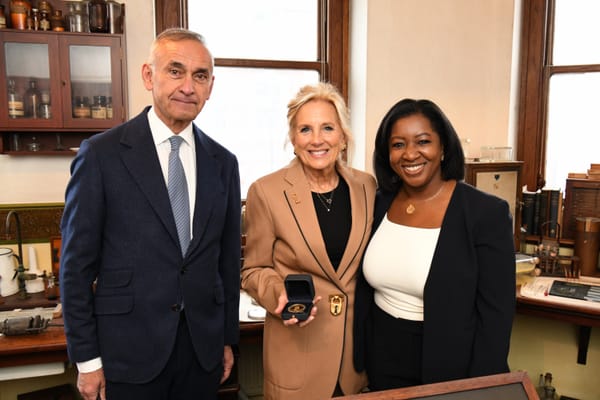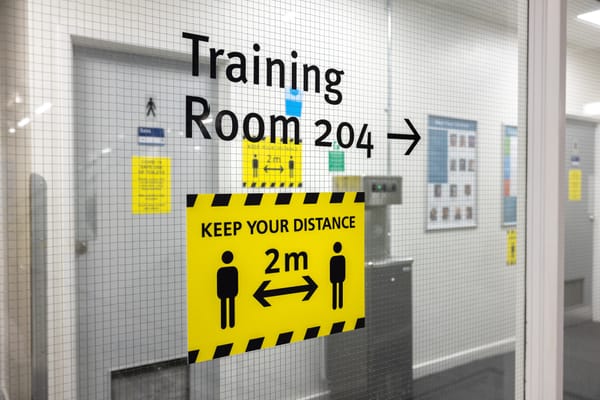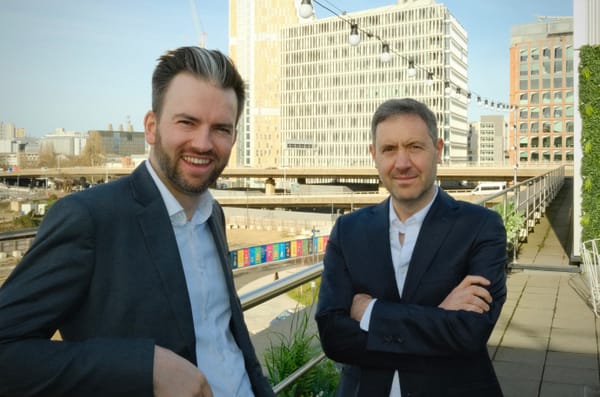The curious case of the 'gay cake'
The incident of a bakery in Northern Ireland refusing to make a cake in support of equal marriage highlights a disconnect between different sets of rights.

Recently I came across an incident which the media affectionately calls the ‘gay cake’: In 2014 Daniel and Amy McArthur, Christian owners of the Ashers bakery in Belfast, Northern Ireland, refused to bake a cake bearing the slogan ‘Support gay marriage’, which had been ordered by Gareth Lee, a gay man and LGBT activist for the Queer Space group, in support of the International Day Against Homophobia. Lee sued the bakery, which was fined £500 for discrimination based on his sexual orientation. The McArthur family has since challenged this fine in front of the Supreme Court of Northern Ireland, stating they were forced to act against their religious beliefs. They say that they would be happy to serve Lee in the future as a customer, but cannot endorse his political message as it contradicts with their Christian religion. Although Lee claims that he did not know about the religious background of the McArthurs, this assertion remains questionable, as similar incidents have been reported in the past in the USA (e.g. Colorado), where gay activists deliberately targeted Christian bakers.
It is a dilemma. Who is right, and what is more important: the religious freedom of the McArthurs or the sexual freedom of Lee?
I believe both should be completely irrelevant in this issue. In my opinion the correct question to be asked and hopefully answered by the Supreme Court by late 2018 or early 2019 should be: ‘Are private businesses or people forced to accept every project/job offer from a customer?’ This can be illustrated with some few potential questions, which touch the core point:
- Can Muslim bakers be forced to display slogans with abusive cartoons of the prophet Muhammad?
- Can Jewish bakers be forced to display slogans, which question the Holocaust?
- Can a NGO, which has rallied for pacifism and peace in the past, be forced to support war propaganda or aggressive military campaigns?
- Can an artist like Kate Perry, who is known for her opposition to US president Donald Trump, be forced to perform at his birthday party?
- Can a self-employed sculptor be forced to make a pornographic or indecent sculpture, if it is against his/her will?
I believe the answer to all of the above questions should be no. All those people and private organisations should be able to kindly refuse any job offer without giving reasons. They are self-employed and as such can individually chose whom to serve or not. The state should not be interfering into the decision of a private company to refuse a service.
If the Supreme Court rules against the McArthur family, it would be extremely distressing to see a decision that essentially advocates dishonesty: while the honest response of ‘we are sorry but cannot service you due to our religious beliefs’ would be punished by the law, the dishonest response ‘we are sorry but cannot service you due to being very busy at the moment’ would be perfectly fine. This is a perversion of the law.
I am sure that every one of us has experienced situations, where we felt we were being treated unfairly and unjustly. It is easily possible to label any decision that goes against us and makes us feel unhappy as discrimination. Instead of endorsing victimhood and self-pity, I believe the correct approach should be to gain motivation and self-assertiveness and find a pragmatic solution to the problem. Instead of trying to impose his political statement and will by force and by using judicial institutions, Gareth Lee should have gone to a different baker: I am sure he would have found other companies, which are more than willing to bake his ‘gay cake’.
Recently the US Supreme Court ruled in favour of a Christian baker from Colorado, who had similarly refused to provide a ‘same-sex cake’, by a 7-2 majority decision. I hope that the Supreme Court of Northern Ireland decides likewise.


